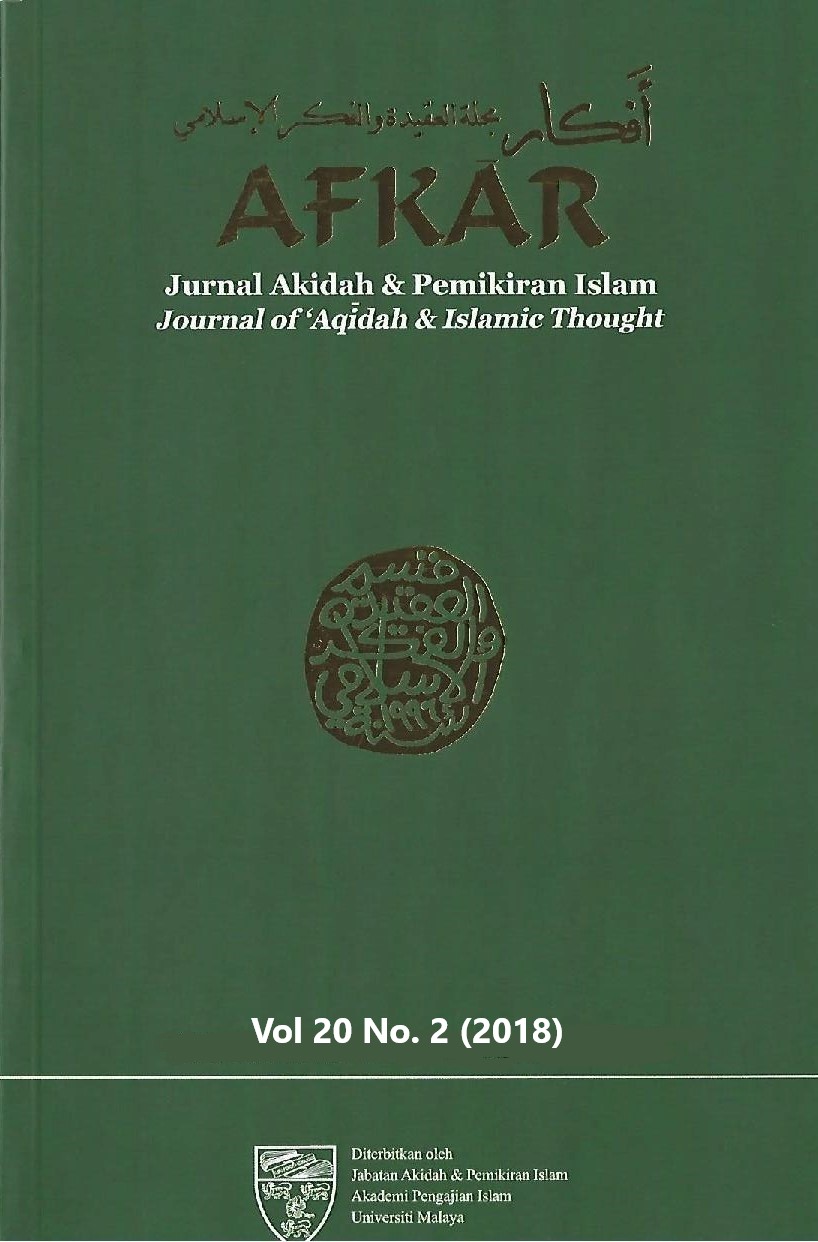Transgenderisme di Malaysia: Pelan Bimbingan Kembali kepada Fitrah dari Perspektif Psikospiritual Islam
Transgenderism in Malaysia: Guide Plan Back to Fitrah from Islamic Psychospiritual Perspective
DOI:
https://doi.org/10.22452/afkar.vol20no2.9Abstract
Today the world community in general and the Malaysian community in particular are faced with a rising issue in terms of gender disorder ie transgender. These groups come up with the issues of gender, sexual orientation, psychology, cognitive and behavior that cause various reactions from society, and even involve religious matters, especially Islam. Obviously transgender behavior is prohibited in Islam, especially when it comes to appearance and sexual orientation. From the viewpoint of national legislation and social contexts, it can also be seen that it is unacceptable as being reasonable. However, when referred to the perspective of those involved with transgender, they present various reasons based on various aspects that highlight their involvement in transgender. This study found that transgender people, especially mak nyah, who are the respondents of this study, has become a responsibility of the community to invite and guide them back to their original nature as men. Efforts such as the guidance of Islamic counseling, Islamic psychotherapy, outreach, motivational camps, social welfare assistance and others need to be intensified further from community to jointly assist and guide them. Such efforts are very much demanded rather than ignore them in the hope that they can change and turn back to the Islamic way of life and be accepted by Malaysian society.









